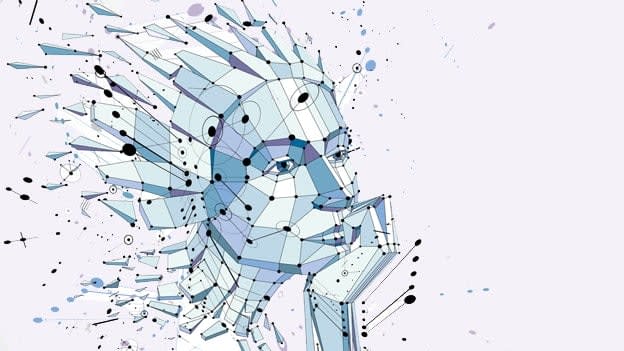Ready to redefine the future of HR? Focus on 3Rs – Rethinking, Reskilling and Resilience

The pandemic has fundamentally upended the nature of work as we know it. The workplace had already been changing for a few years, but the recent crisis threw expectations off a cliff. Business leaders, especially HR professionals can no longer talk about the future of work as though change is on the horizon.
The future of work is here now.
However, many organizations are struggling to keep up. Remote work, shifting roles, competing home and work obligations, and a hyper-focus on workplace health and safety have all forced businesses to rethink everything. What are the priorities? How can teams accomplish more with less? How does HR strike a balance between productivity and employee well-being? In a nutshell, how do organizations conduct business as usual in unusual circumstances?
As HR leaders reorient business processes to a true people-first paradigm, three guiding themes have emerged: the need for empathy, resilience, and empowerment. Taken together, these themes can help guide HR leaders through changing times.
Rethinking reskilling— investing in critical skills versus critical roles
Keeping workers relevant by renewing their skills has long been a given, but it may no longer be sufficient in the future. Few organizations are proficient at predicting what the market will require months, let alone years in advance; reskilling workers to fill new roles will always be a game of catch-up. Organizations should shift their focus from individual roles to organizational-wide skills to better prepare for the unexpected. Human resources can help to facilitate this shift by encouraging employees to think outside of their roles and traditional career paths. A new working model may allow employees to move between projects based on their abilities rather than their title or organization.
Companies should consider critical skills as ones that will be useful regardless of how an employee's role evolves— such as digital, higher cognitive, social and emotional, adaptability, and resilience. Instead of preparing for a specific next role, managers must encourage employees to develop critical skills that could open multiple opportunities for their career development, and provide greater support to key employees who lack critical skills.
Making the transition from business efficiency to business resilience
Before COVID-19, organizations optimized their processes for efficiency. This necessitated tailoring their processes to specific market conditions. While these optimizations enabled organizations to get to markets faster, they also created rigid dependencies. The processes were only effective if the market remained stable. Any change made the process less efficient. Therefore, companies should optimize for resilience rather than efficiency to remain competitive in rapidly changing markets and circumstances. As market conditions change, resilient organizations are better able to respond and course-correct.
To maximize resilience, leaders should lean into germane DE&I initiatives. Harvard Business Review suggests, “Diversity of ideas can greatly enhance solution development. Put together a cognitively diverse crisis management will have more ideas about potential solutions”.
However, leaders must resist the temptation to apply a one-size-fits-all solution. Taking on the crisis head-on will require a multifaceted approach, which means creating a cognitively diverse team will ensure expression of and respect for diverse viewpoints.
Using AI and predictive data to transform teams into super teams
As workplaces strive to humanize their operations, many are looking for ways to reduce menial or rote tasks. Integrating artificial intelligence into teams to assist human workers in focusing on more impactful or strategic work can result in transformative business outcomes. This combined result, dubbed "super teams" by Deloitte, enables the business to transform and create new value while employees focus on reinventing their careers as they navigate a rapidly changing talent market.
Coupled with the adoption of AI, teams need to make better use of data to make predictions and gain forward-looking insights on workforce and market trends. This is especially beneficial for organisations that are implementing a distributed authority model. By employing this, instead of waiting for a centralised team to make decisions for them, teams can analyse data and move quickly.
The trends revealed by the COVID-19 crisis are not entirely new. Some, such as remote work and diversity initiatives, had made steady progress over the years. Others, such as the pivot from optimizing for efficiency to optimizing for resilience, are not only new, but perhaps counterintuitive. Some professionals may find it difficult to adjust to how the pandemic changed the working world. Despite these changes, leaders can be confident that putting people first and humanising the workplace will continue to pay off. Focusing on people and their needs will result in long-term increases in productivity and possibly improved market perception.














